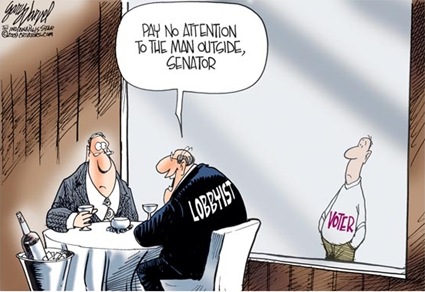Why fund?
I have a genuine question to put to all political party activists in Malta. In the light of recent developments directly linked to political party funding I believe that there is a fundamental question that must be cleared even before we start to ask other ancillary questions such as how, when, who and what. It’s about funding really – we are currently, and have been for some time, engaged in extreme scrutiny of the movement of monies in power circles. From the unmeritocratic engagement of personnel by government (which is in itself a way of moving monies and funding) to the awarding of public contracts, public permits and the like (also movement of monies and value for consideration) to the direct “investment” of monies into political parties, the whole business of funding is intricately related to questions of power and influence.
Ideally and hypothetically speaking of course the role of political parties is to represent given sets of values that are then elected to power in the form of representatives who in turn will “govern” the nation (or scrutinise the government) in the name of the people and using the measure of such values. Arguably, the whole matter of funding should be intricately linked to the issue of keeping such entities as are political parties afloat for the very purpose of achieving their goals of representation. Arguably.
Broadly speaking funding should fall into two large categories. Firstly there is the ensuring of the day to day existence of the political party so that it can achieve its aims. Secondly, it is universally acknowledged and accepted that a Campaign Fund during election periods is needed in order for said parties to forward their cause and “sell” their ideas to the people. Beyond that though, there is no reason why parties should evolve into behemoths running costs in the millions and needing constant injection of funds. That our two major parties in Malta have evolved into such behemoths is proving to be a running disaster. The more the monster needs funds to feed its existence the more the fine line between interests, power and funding is broken. The defence that “donations are there to ensure representation” comes crumbling down when you see how the parties have also evolved to depend on periods in “power” in order to enable “investors” to cash in their cheque.
By investors I do not only mean the order of businessmen who seem to think that they can buy their way into power (mostly, incidentally, contractors) but also providers of services who will expect the party to repay them if not in cash then in kind. The classic example is how a large part of any party’s apparatus is shifted onto the public purse once that party gets elected into power. Whether it is as persons of trust or as employees of para-statal entities such as the public broadcasting this has been a natural consequence of the party power and money broking methodology.
The question I want to ask (I am not holding my breath of course) is the following:
Why do our parties need funding? What is the justification for funding on a daily basis (outside campaign mode of course)? What is the real cost for a party to do what a party is meant to do i.e. formulate policy and develop it?









Most of the funds are needed for communications. What’s the good of formulating policy if the public does not get to know about it?
Apart from maintenance of the premises (and these days their size and grandness are themselves a message to the voter), practically all the funds go to finance the party media.
Gone are the days when we volunteers reached out to voters by pasting thousands of posters all over the island, a few weeks before the elections; today parties have to communicate professionally every single day of the legislature.